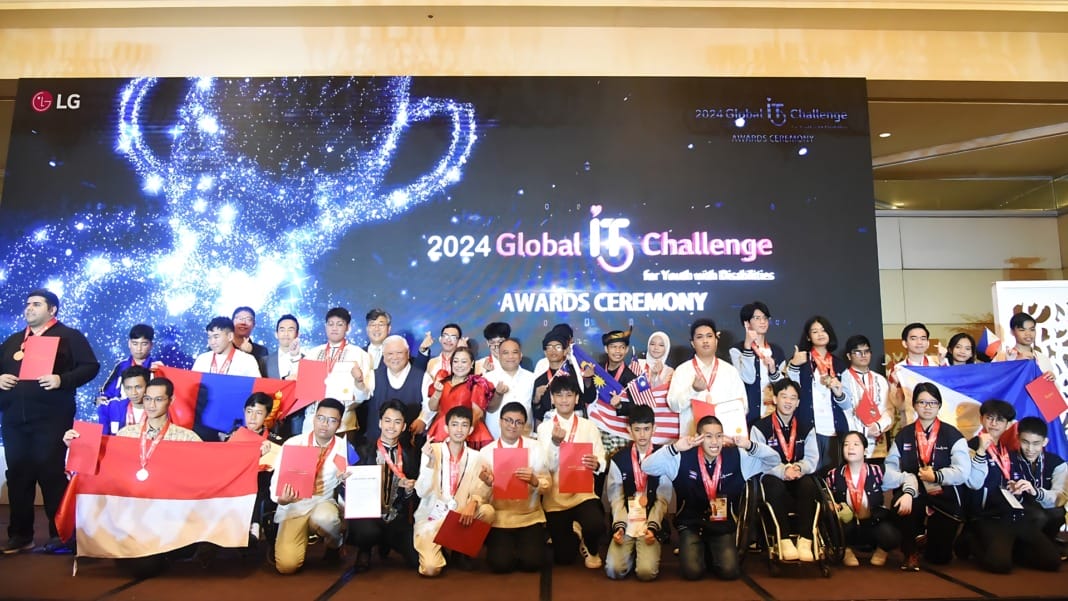Which city in Asia-Pacific offers the most reliable and consistent 5G connection? According to Opensignal’s latest report, Seoul, South Korea, leads the pack.
In its November 2024 report titled Benchmark for Mobile Experience in APAC Cities, Opensignal, a network optimisation firm, analysed 18 key cities in the Asia-Pacific region, comparing 5G reliability and consistency across them. This analysis focused on city-level networks, not including rural provinces or regions within these countries.
Seoul leads in 5G reliability and consistency
Seoul secured the top spot in 5G reliability and consistency. Reliability refers to how often users can connect to 5G and perform basic tasks requiring internet access. Consistency measures whether the network can maintain performance during app use, ensuring that tasks reliant on connectivity don’t lag or interrupt.
Tokyo (Japan), Taipei (Taiwan), and Sydney (Australia) followed in the rankings, with Singapore rounding out the top five. Seoul led with a reliability score of 925 out of 1,000 points and achieved 85% consistency. Singapore scored 896 points for 5G reliability and 79% for consistency, demonstrating strong network performance but just behind the leading cities.
The report highlighted that 5G reliability and consistency are crucial benchmarks for cities offering seamless connectivity, mainly as more people depend on 5G for data-intensive activities like streaming, online gaming, and remote work.
Yangon faces challenges affecting its 5G performance
While Seoul and other top cities showcased impressive network performance, Yangon (Myanmar) was last on Opensignal’s list. The report noted that Yangon’s low score resulted from ongoing nationwide internet shutdowns and structural damage to network towers, affecting 5G performance city-wide. This significantly impacted Yangon’s reliability and consistency rankings, as its users experience interruptions that hinder consistent 5G access.
Opensignal’s report comes when 5G rollout and performance are scrutinised across Asia-Pacific, with cities competing to offer the best digital infrastructure. For cities like Yangon, achieving improved 5G performance may require substantial investments to restore and upgrade network infrastructure.
Singapore’s 5G availability remains steady but falls behind India’s Mumbai
While Singapore ranked fifth for reliability and consistency, its 5G availability is another story. Opensignal’s previous report, which focused on country-level coverage, found that Singapore provided exceptional 5G coverage and ranked just behind India. However, at the city level, Mumbai in India now leads in 5G availability, while Singapore remains in fifth place.
5G availability measures the percentage of time users are connected to a 5G network. Singapore’s 5G availability currently stands at 37%, just slightly ahead of Bangkok’s 35.9%. Despite this, many areas still rely on 4G/LTE fallback connections, as 5G infrastructure in Singapore and other regions is still expanding to handle dense urban demands.
In the broader context, Opensignal’s report underscores how Asia-Pacific cities are advancing their 5G offerings, aiming to become global digital leaders. While Seoul and Tokyo are already known for their advanced tech ecosystems, cities across the region ramp up efforts to enhance their 5G networks and improve user experience.





